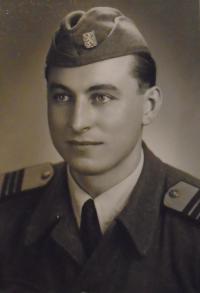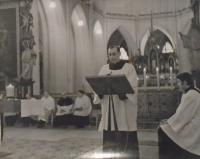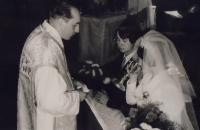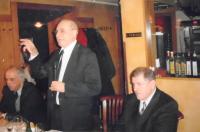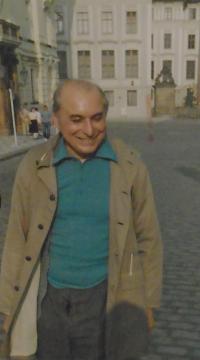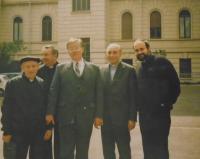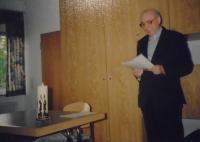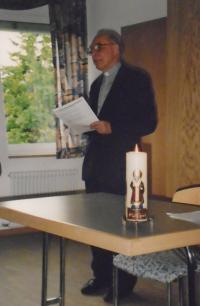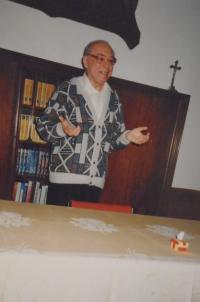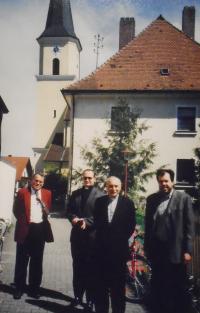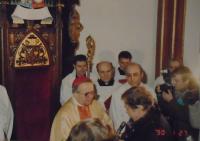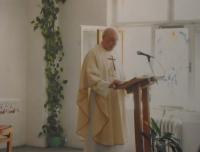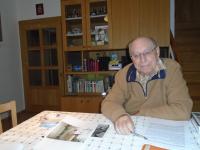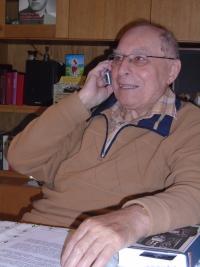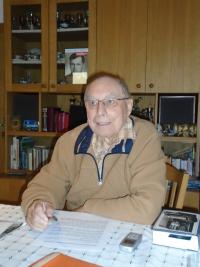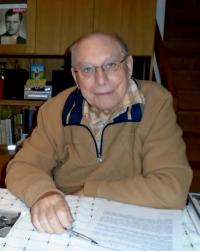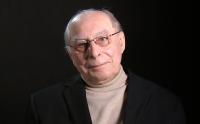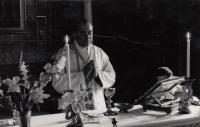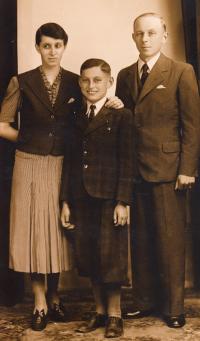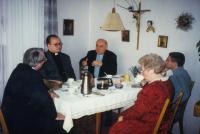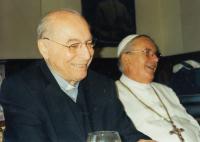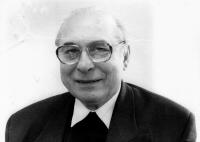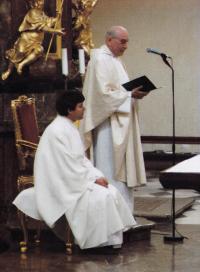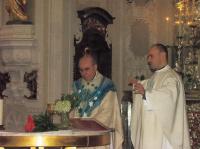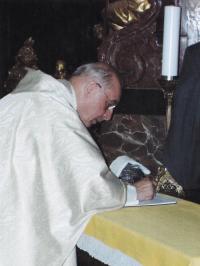Open the gates to your hearts

Stáhnout obrázek
Miloslav Fiala O. Praem was born on 28 August, 1928 in Malín near Kutná Hora. After completing elementary school he was accepted to gymnasium in Kutná Hora, where he graduated in 1940. His activities after February 1948, mainly around the Catholic Youth Association, were spotted by the secret police and in 1949 he was arrested and interrogated by them. In 1951 he graduated at the High School of Commerce in Prague and from 1952 to 1955 he completed his basic military service. After returning to civilian life he decided to follow a spiritual path and developed his Christian activities. In 1955 he was persuaded to cooperate with the secret police several times. After studying theology in Litoměřice he was ordained a priest by the bishop Tomášek in December of 1971. In 1974 he was taken away for so called state approval and then worked as a storekeeper and accountant. In 1989 new opportunities opened up for him. In January 1990 he worked in a religious section of the Czechoslovak Radio and from 1991 to 1996 he was a spokesperson for the Czech Bishop Conference. In 1999 - 2006 he was president of the Czech Catholic Charity. After retiring, he devoted himself to temporary spiritual activities, took part in seminars and spiritual trainings. Amongst others he is an author of the book Thoughts for Time and Bad Weather. As of 2016, he lives in Prague 4.
